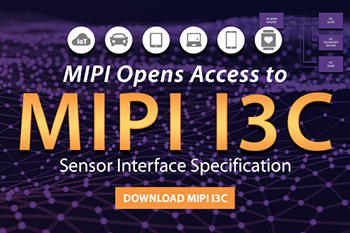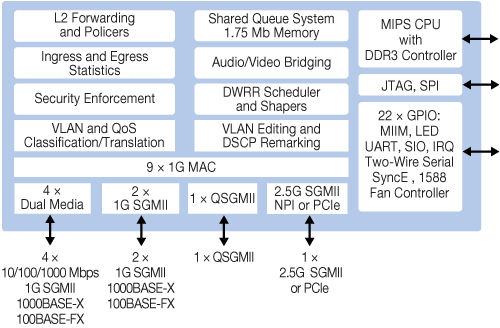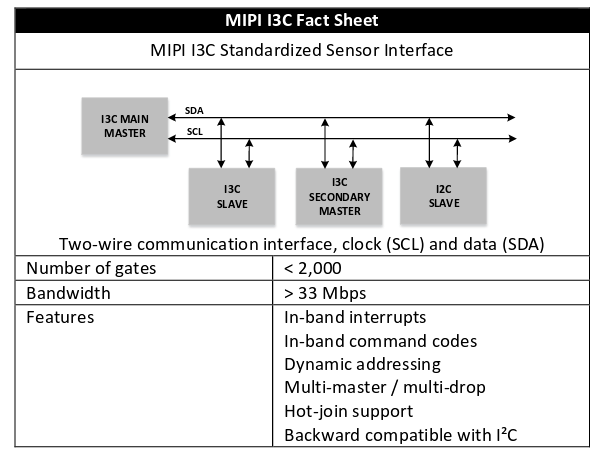 Back in August 2017, we wrote in a blog post about the first iteration of the Linux kernel subsystem we proposed to support the brand new MIPI I3C bus. Almost a year and half later, there are some really good news:
Back in August 2017, we wrote in a blog post about the first iteration of the Linux kernel subsystem we proposed to support the brand new MIPI I3C bus. Almost a year and half later, there are some really good news:
- The Linux I3C support now has its own Git repository on kernel.org
- The Linux I3C community has its mailing list.
- Besides the first I3C controller driver we wrote for the Cadence I3C Master, Synopsys has contributed a second driver for their I3C master IP: i3c: master: Add driver for Synopsys DesignWare IP. This definitely helped show that there is interest in I3C beyond our contributions, and also helped validate that the subsystem was working fine for a different I3C controller.
- The Linux I3C tree has been part of
linux-nextsince November 6, 2018: linux-next: Tree for Nov 6. - The Linux I3C subsystem has received a Reviewed-by: Arnd Bergmann and later on a Acked-by: Greg Kroah-Hartman, which were two key approvals to move forward with the merging of I3C support.
- I3C subsystem maintainer Boris Brezillon has therefore sent a pull request to get this subsystem merged in the upcoming 4.21 (or 5.0 ?) Linux kernel: [GIT PULL] i3c: Initial pull request, and this pull request has been merged by Linus Torvalds, so the I3C subsystem is now visible in Linus Git tree: drivers/i3c. The merge commit has been done on December 25, so it arrived as a very nice Christmas present!
It has been a long process, but we are proud and happy to have pioneered the support for I3C in the Linux kernel, from the design of the subsystem based on the I3C specifications all the way to its merging in the upstream Linux kernel and the creation of a small (but hopefully growing) community of developers around it.



 Linux 4.13 was
Linux 4.13 was 